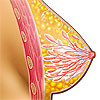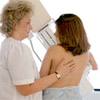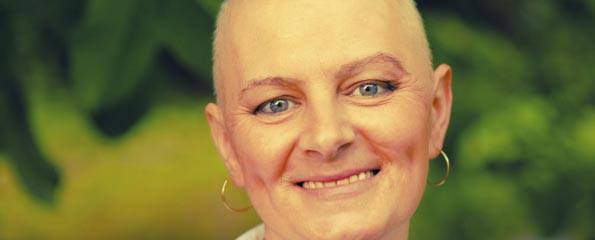Mammograms catch second breast cancers early
The results of a cohort study of women with a personal history of breast cancer published in this week’s Journal of American Medical Association highlights the need for mammograms in women with a history of the cancer.
Describing the research project as the most comprehensive study of its kind, the authors reported that the Breast Cancer Surveillance Consortium (BCSC) study examined 58,870 screening mammograms in 19,078 women who had had early-stage breast cancer. An equal number of screening mammograms in 55,315 women who had no such history and were matched for breast density, age, BCSC registry, and year of mammography, was simultaneously investigated.
Nehmat Houssami, Associate Professor at the University of Sydney’s School of Public Health, said the study found that women with a personal history of breast cancer had double the cancer rates as those with no such history.
“More women are surviving longer after having early-stage breast cancer, but they are at risk of developing breast cancer again, a recurrence, or a new cancer,” she said.
“The comprehensive data from the BCSC made it possible for us to carefully examine the outcomes of screening for both the previously affected breast, as well as the opposite breast, at a population level,” Dr Houssami said.
“This is the first study in the world, to our knowledge, to provide a complete picture of the expected outcomes of mammography screening for women with a personal history of breast cancer.”
“Mammography was effective at finding cancers early in women who had had cancer, but not quite as effective as in those who had not,” Dr Houssami said. “We found that both false positives and ‘interval cancers’ were higher, and mammography was not as sensitive at detecting invasive breast cancer, in women with a personal history of breast cancer.”
False positives mean that a mammogram suggests a breast cancer may be present, but after further testing it turns out not to be. Interval cancers are breast cancers that were not detected on screening mammography and are found between mammography screens, prompted by either breast symptoms or additional testing.
“Because of the risk of interval cancers, it’s important that women seek medical care for any breast changes or concerns between mammograms,” said Dr Houssami’s collaborator Diana Miglioretti, PhD, a senior investigator. “The good news is that most of the breast cancers detected in breast cancer survivors between mammography screens were early stage.”
The National Cancer Institute-funded BCSC cooperative agreement, and Australia’s National Health and Medical Research Council funding of the Screening and Test Evaluation Program, supported this research. Data collection was supported in part by several US state public health departments and cancer registries.
(Source: University of Sydney: JAMA)
More information
 | For more information on breast cancer, types of breast cancer and its investigations and treatments, as well as some useful videos, see Breast Cancer. |
 | For more information on mammography, see Mammography (Breast Imaging). |
Dates
Created by:

 Login
Login














